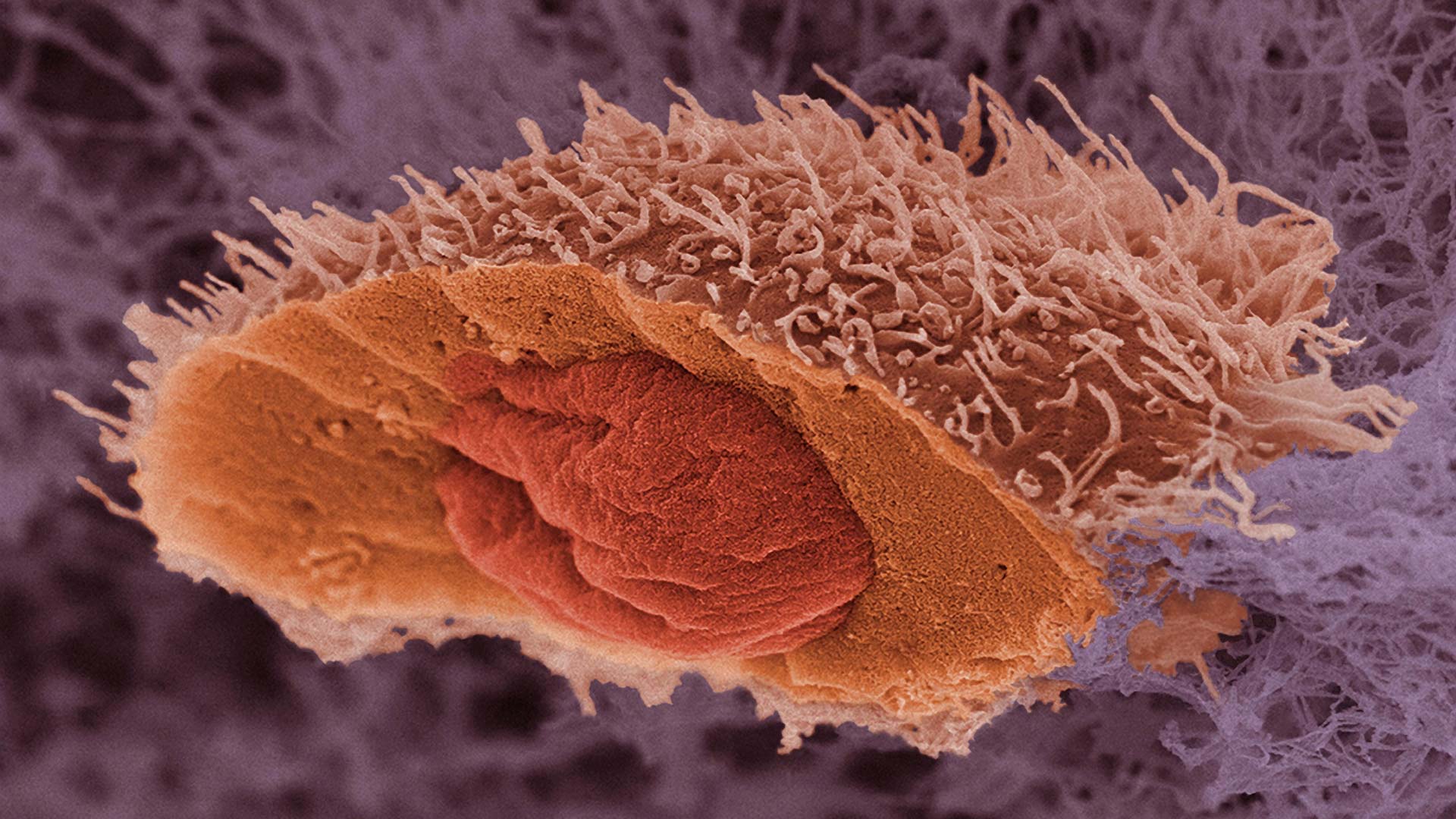How much do you think you know about cancer research? To test your knowledge, we put together some science trivia from Cold Spring Harbor Laboratory’s cancer researchers. Good luck on the quiz!
Organoids are one of the new frontiers of cancer research technology, allowing researchers to study cancer cells in a more natural environment. Organoids are types of:
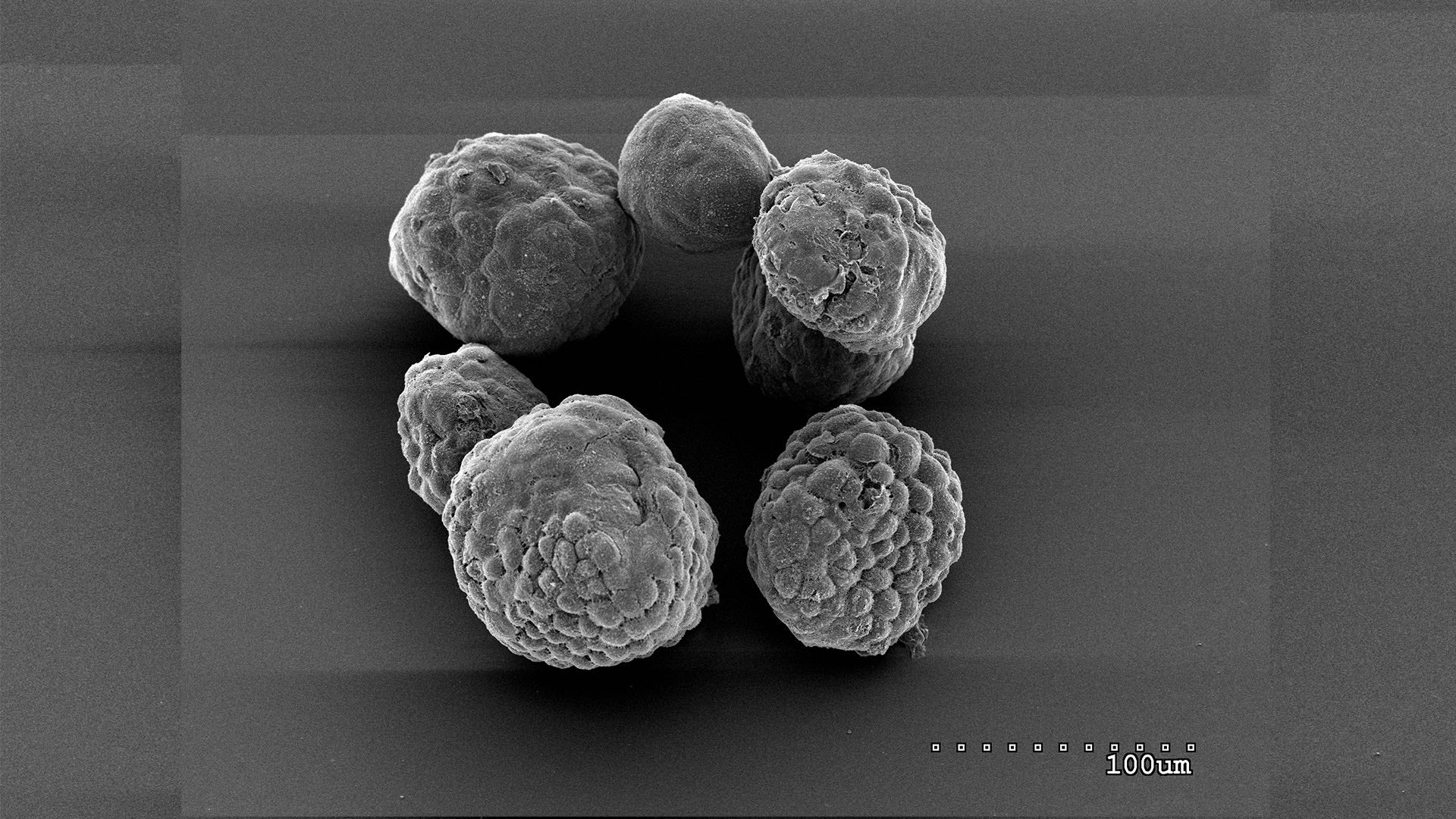 Image: Tobiloba Oni/Tuveson lab
Image: Tobiloba Oni/Tuveson lab
Organoids are tiny clumps of cells that are grown from, and resemble, tiny 3D organs (the picture above shows mouse pancreatic cancer organoids). Organoids provide a more natural setting than older, flat tissue cultures used to study how cancer cells grow, develop, and can be treated. CSHL’s newest organoid facility is currently working on growing and testing a thousand different cancer organoid models to be used as a resource for scientists worldwide. CSHL Professor and Director of Research David Spector recently used organoid technology to discover a new collection of RNA molecules that enable breast cancer metastasis.
Pancreatic cancer cells can be notoriously resistant to drug treatments, making them difficult to defeat. These cancer cells will even start “eating” their own _____ to survive.
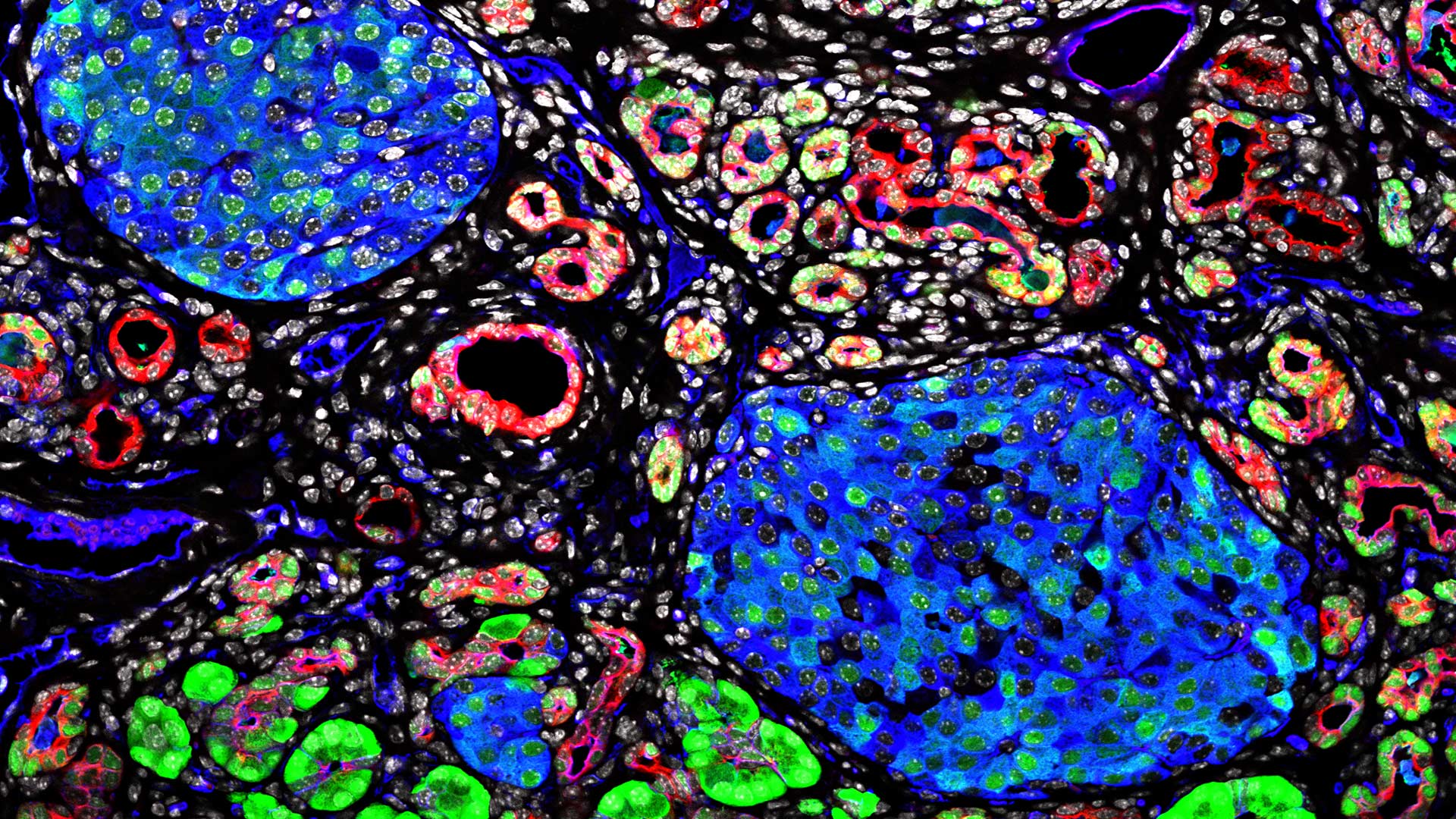 Image: Tuveson lab
Image: Tuveson lab
Mitochondria, the powerhouses of the cell! CSHL Cancer Center Director David Tuveson and his team discovered pancreatic cancer cells can adapt to the nutrient-low environment of a tumor by consuming their own mitochondria. Scientists think this helps cancer cells redirect nutrients and energy to support cell division and avoid harmful byproducts produced by mitochondria.
Pregnancy affects a woman’s body in many ways, including by changing the risk of developing breast cancer. Researchers found women reduced their risk of developing breast cancer by 30% if they had their first child:
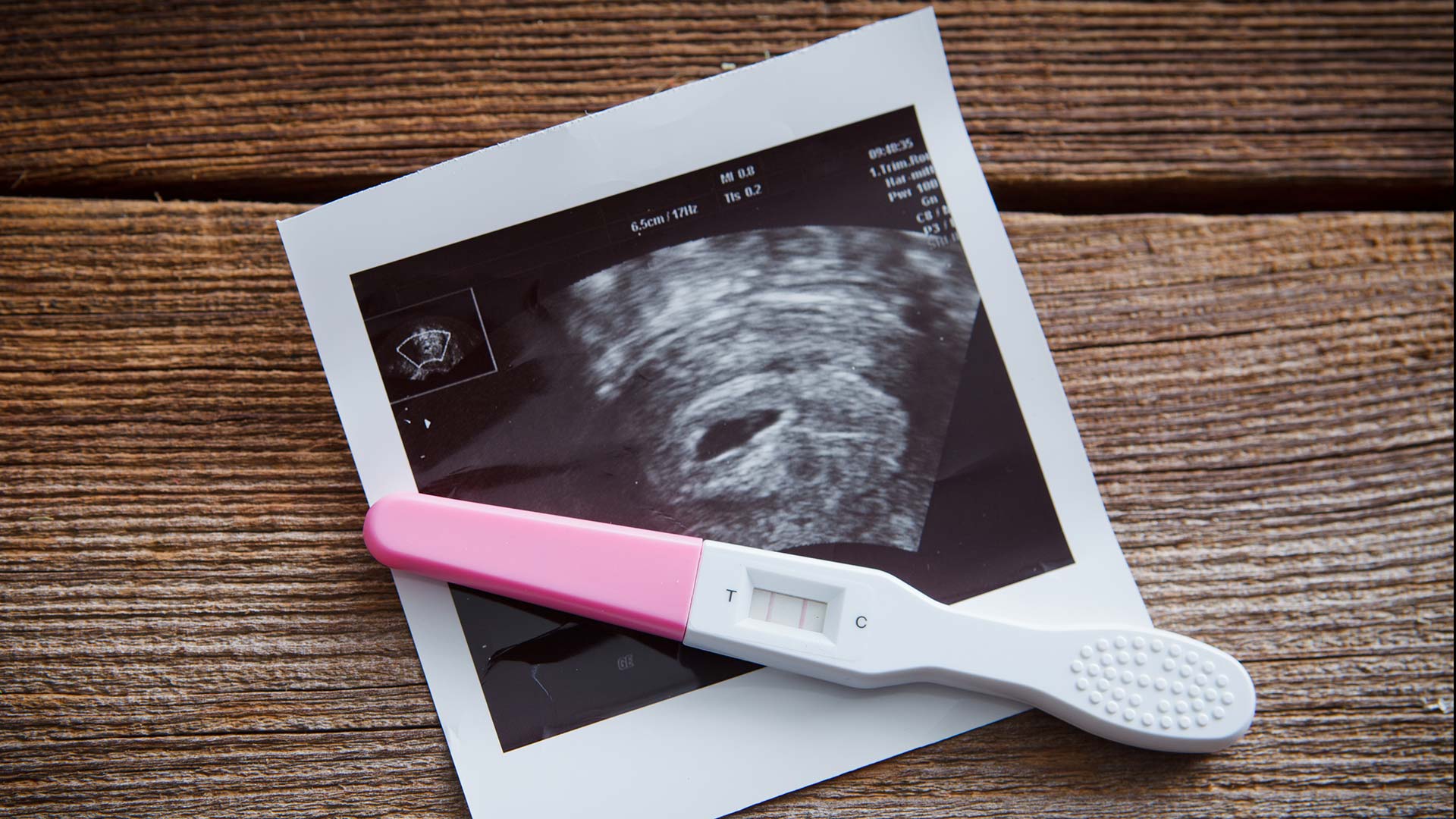 Image: © Ramona Heim – stock.adobe.com
Image: © Ramona Heim – stock.adobe.com
CSHL Associate Professor Camila dos Santos is tracking down the changes induced by pregnancy that prevent cells from turning cancerous. She discovered pregnancy reprograms breast cells to turn off a cancer gene and turn on a gene that shunts its growth. That reprogramming happens best at younger ages. Watch her “Cocktails and Chromosomes” talk to learn more.
Cancer was the second-highest cause of death in the US. Which type of cancer causes more death than any other cancer in the US every year?
 Image: © SciePro – stock.adobe.com
Image: © SciePro – stock.adobe.com
According to the Centers for Disease Control and Prevention, lung cancer led cancer deaths in the US with over 139,000 deaths in 2019. That’s almost a quarter of all US cancer deaths that year. CSHL Visiting Scientist Raffaella Sordella recently discovered a new way to combat chemotherapy drug resistance common to some types of lung cancer.
Acute myeloid leukemia (AML) is a deadly blood cancer that can divide and spread quickly. Researchers discovered these cancer cells achieve such rapid growth by becoming dependent or “addicted” to:
 Image: © JJAVA – stock.adobe.com
Image: © JJAVA – stock.adobe.com
Like other cancers, AML cells divide out of control. CSHL Fellow Lingbo Zhang discovered these cells depend on vitamin B6 to produce the energy needed for all that growth and replication.
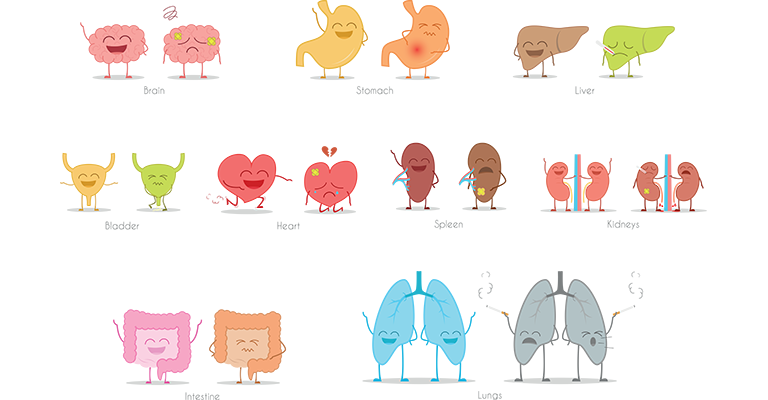
Image: © asantosg – stock.adobe.com
Share your Results:
